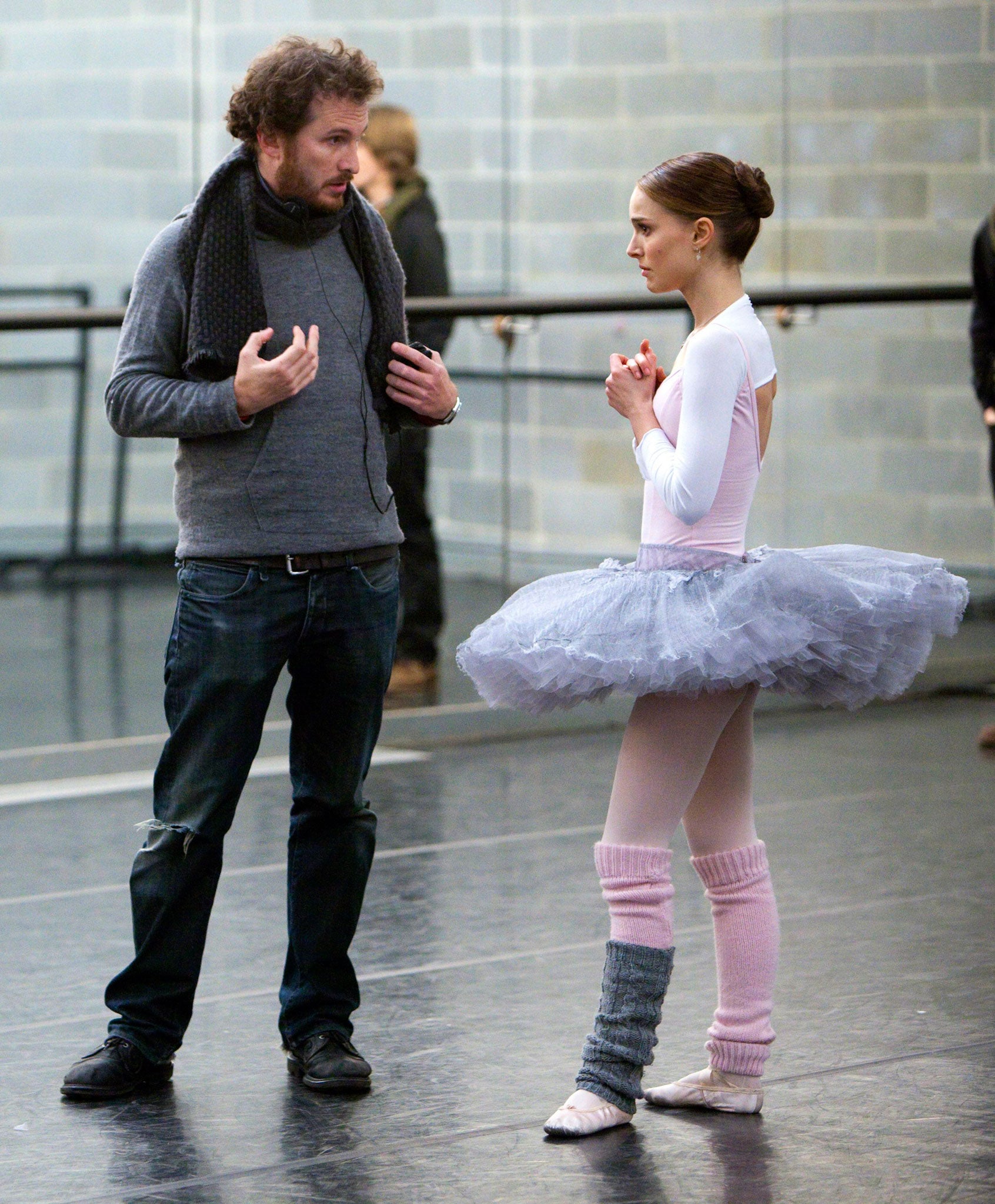Book review: The Private Life: Why We Remain in the Dark, By Josh Cohen
The blurring of our private and public selves is discussed

A psychoanalyst and professor of modern literary theory, Josh Cohen is perturbed about the way modern life blurs the boundaries between private and public.
In this erudite volume, he sets out to discover what we mean by privacy, and whether we are even aware of our innermost thoughts. Predictably, he draws heavily on Sigmund Freud to explain the subconscious, but is not beyond contemplating indignant ripostes to Freud, such as that from a student who resents being told that Freud conflates love between mother and child with erotic love.
Cohen uses a wide variety of cultural references, from literary figures such as Henry James to film-makers such as Darren Aronofsky. He quotes Hannah Arendt's diagnosis of modern malaise as being "the utter extinction of the very difference between the private and public realms". Rather too long is spent on explaining the presence of the subconscious and unconscious, and the first half of the book is mainly taken up with this Freudian discussion.
The liveliest parts of the book are these, or those in which he talks about personal experiences. There is an interesting section on a patient who is at ease discussing his most private thoughts but not more mundane, everyday ones: a reversal of the norm. More of these case histories would have been welcome.
Cohen's psychoanalytic colleague Stephen Grosz produced a fascinating book of insights from a collection of case histories. Cohen's discussions can seem dry and protracted when he is re-iterating the same message about the existence of a private self and that self's inaccessibility, even to oneself.
I would have liked to see much more from the political sphere. Apart from a very brief mention of a tabloid editor's comments about the Leveson report, this most topical of subjects is not aired, even though it digs right to the heart of discussions about privacy and intrusion. At times, this book reads like an extended essay on the evidence for the existence of a private core of the self, integral to one's being, and on the importance of not allowing this core to be fully exposed.
Join our commenting forum
Join thought-provoking conversations, follow other Independent readers and see their replies
Comments
Bookmark popover
Removed from bookmarks